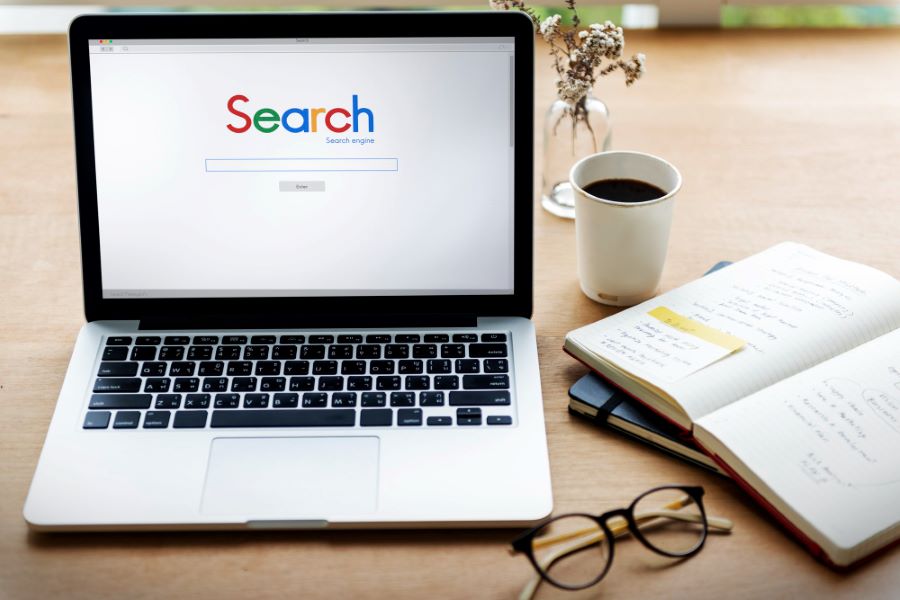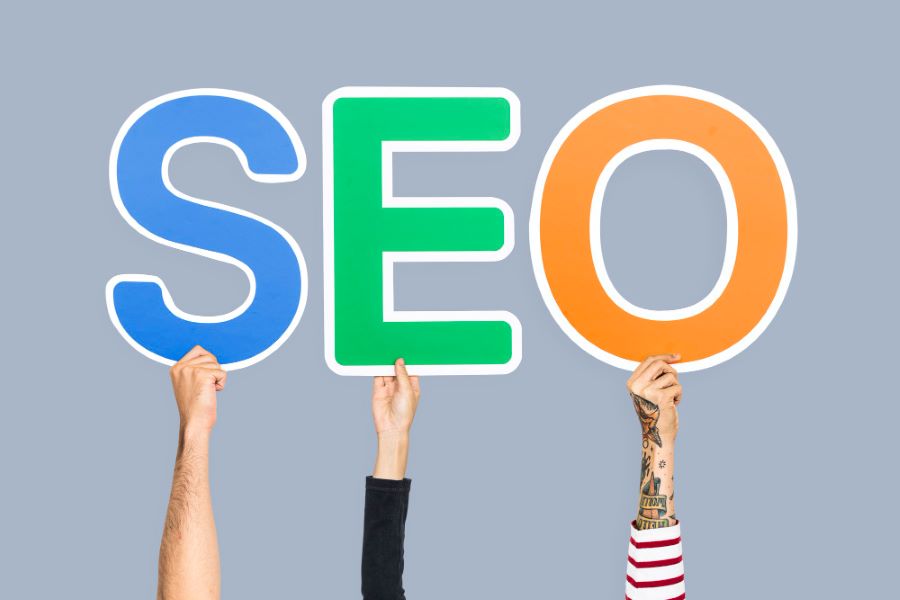When every business tries to make itself visible online, understanding digital marketing becomes very important. For organizations like ArmSolution.me, which provides top-notch digital marketing services and educates its audience through a comprehensive blog, it is crucial to delve into the specifics of SEO optimisation and PPC.
This article aims to distinguish between these two fundamental principles of digital marketing – SEO (Search Engine Optimisation) and PPC (Pay-Per-Click) advertising. We strive to help businesses optimize their digital marketing activities according to their unique needs by highlighting their differences, advantages, and disadvantages.

What is SEO?
In a digital environment where visibility equals viability, search engine optimization (SEO) is a landmark for businesses looking to rank at the top of search engine results. This section explores the nuances of SEO – a strategy that improves your website’s visibility and enhances the user experience by driving organic traffic at no immediate cost.
From keyword research to content optimization. We’ll reveal how mastering this art can transform your online presence and propel your business to new heights.
The power of organic search
SEO is the art and science of optimizing your website to rank higher on search engine results pages (SERPs), thereby increasing the quantity and quality of organic (free) traffic. SEO is based on content relevance and user experience, focusing on keyword optimization, high-quality content creation, and technical site improvements.
Benefits and drawbacks of organic search:
Benefits:
- Cost-effective: SEO delivers traffic without direct cost per visit. Once SEO is developed, it provides traffic at no direct cost per visit.
- Long-term value: High rankings can provide sustained traffic growth over time.
- Credibility and trust: Users often trust organic search results more than ads.
Drawbacks:
- Time investment: It takes time to see SEO optimisation results.
- Ongoing maintenance: Constantly changing algorithms require continuing optimization.
- Uncertainty: There’s no guarantee that you’ll be ranked in the top spots despite your best efforts.
What is PPC?
Pay-per-click (PPC) advertising is a fast and powerful tool for businesses looking for instant visibility and targeted traffic in the competitive digital marketing landscape. This section will provide information on the field of PPC, where every click is a potential customer and a strategic investment to gain instant online visibility.
Through platforms like Google Ads, PPC offers unparalleled opportunities for precise targeting and measurable results, allowing businesses to fine-tune their advertising investments in real-time. By exploring the mechanics and benefits of PPC, we will demonstrate how this advertising model can catalyze growth and is an essential part of a balanced digital marketing strategy.
Instant visibility through advertising
PPC is an internet marketing model in which advertisers pay each time one of their ads is clicked. It is a way of buying visits to a website rather than trying to ‘earn’ those visits organically. The most popular PPC advertising platform is Google Ads, which allows businesses to serve ads on Google SERPs.
Benefits and drawbacks of PPC:
Benefits:
- Immediate results: Ads can start driving traffic as soon as they are available.
- Precise targeting: Allows targeted selection based on demographics, interests, and other factors.
- Measurable ROI: All aspects of PPC campaigns are measurable, from cost to profit.
Drawbacks:
- Cost: Can quickly become expensive, especially in competitive sectors.
- Short-term: When you stop paying, the movement stops.
- Requires expertise: To be cost-effective, it requires constant monitoring and optimisation.

When to use SEO vs. PPC?
The choice between SEO and PPC depends on several factors: budget, timeframe, target audience, and business goals.
- SEO is best suited to businesses that want long-term growth and are prepared to invest time in building a solid online presence.
- PPC is best suited to businesses looking for immediate visibility and those with the budget to pay for visitor traffic.
Integrating SEO and PPC for maximum effectiveness involves using PPC data to leverage SEO strategies and vice versa. This synergy can improve visibility and increase conversion rates.
Integrating SEO and PPC for maximum effectiveness
Businesses can use SEO optimisation and PPC to create a comprehensive digital marketing strategy. That maximizes online visibility and generates new customers. For example, using PPC to test the effectiveness of keywords before implementing them in SEO can save time and resources in the long run.
Trending strategies in digital marketing
One emerging trend is using artificial intelligence and machine learning to optimize SEO and PPC campaigns. These technologies can analyze large volumes of data to identify patterns and insights, leading to more targeted and effective marketing strategies.
Using SEO and PPC strategies
Understanding the differences between SEO and PPC is just the beginning for readers. Implementing a strategy that takes advantage of both can lead to unrivaled online visibility and business growth.
Remember that the digital marketing landscape is constantly evolving, and to navigate it successfully. It’s essential to stay informed by using trusted sources like ArmSolution.me.
For those who want to deepen their knowledge of SEO, SEO optimisation strategies offers a wealth of information. Continuing to research the latest trends and strategies will be the hallmark of a successful digital marketing effort, as will staying flexible and informed.
Check out these articles about SEO too:

